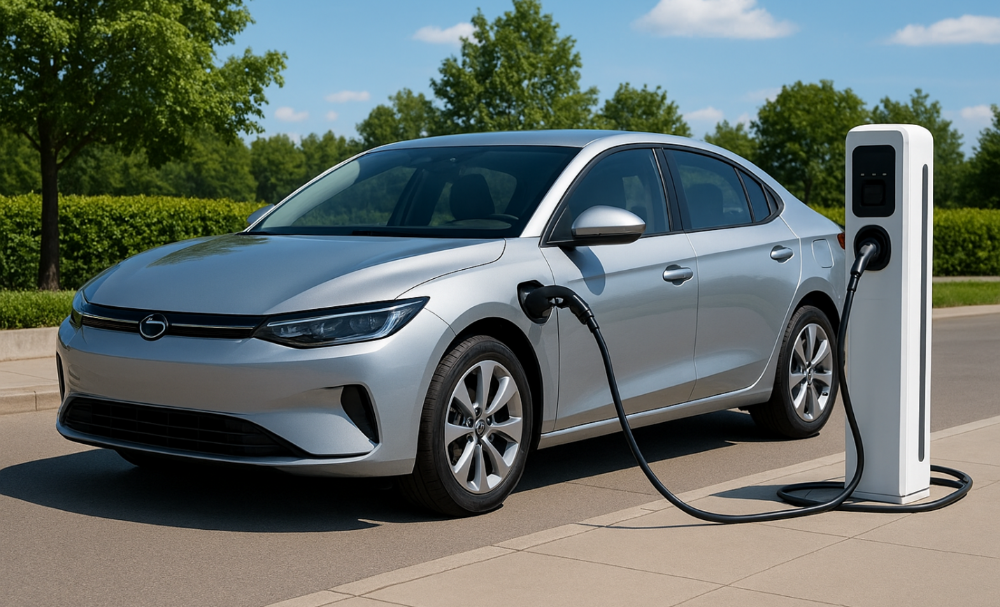Dr. Godwin Ayetor, Chair of the Electric Vehicles and Sustainable Mobility Research Group at the Brew-Hammond Energy Centre believes Ghana is not yet ready for a full-scale transition to e-mobility, citing challenges with electricity supply.
“Transitioning Ghana's entire transport fleet to e-mobility would shift its energy source entirely from gasoline and diesel to electricity. A transition to e-mobility would transfer the transport sector's energy demands from petroleum to the national grid.
This poses a significant risk, as it would amplify the current strains on Ghana's already challenged electrical supply system, potentially exacerbating reliability and capacity issues,” he explained.
According to him, significant work must be done if Ghana is to meet its National Electric Vehicle Policy 2023. “We have a national e-mobility policy by the Transport Ministry, which hopes that by 2035, 35 percent of all vehicles in Ghana will be electric.
The policy suggests that by 2045, there will be a ban on importing all vehicles except electric vehicles. If you look at those projections, we need to grow by over 2 gigawatts of energy annually. Furthermore, this can only be achieved through drastic decisions,” Dr. Ayetor stressed.
To prepare for this transition, the Electric Vehicles and Sustainable Mobility Research Group has developed a curriculum in EV maintenance and design being deployed nationwide.
“We have started an artisan program called Electric Vehicle Technician Journeyman program, where we have a formalised system of training mechanics to become EV technicians. We started last year,” he revealed.
The competence-based program will train mechanics to become high-voltage electric vehicle technicians. Other aspects of the program is also focused on non-engineers involved in transport policy and regulations.
The initiative has attracted industry partners such as Toyota Ghana, Urban E-Mobility Initiative, GIZ, Solar Taxi, Zerosol Ghana, and Smart Watt Company, who supported the training of the first cohort by providing equipment and collaborating with the centre.
The Centre is working with the Ghana Standards Authourity to extend the Journeyman Program to all vehicle repair certifications in Ghana.
Dr. Ayetor also called on industry to play a stronger role in supporting e-mobility research and development. “Industry can help with their expertise and charging stations, like the one Japan Motors donated to us.
They can also support us by donating equipment, vehicles, and funding for our training programs and research,” he said. He further disclosed that about 30 post-graduate research students are working on EV-related projects at the Centre. “There is more that we can do together with industry. We cannot do it without industry, and financial donations are also welcome,” he added.


















